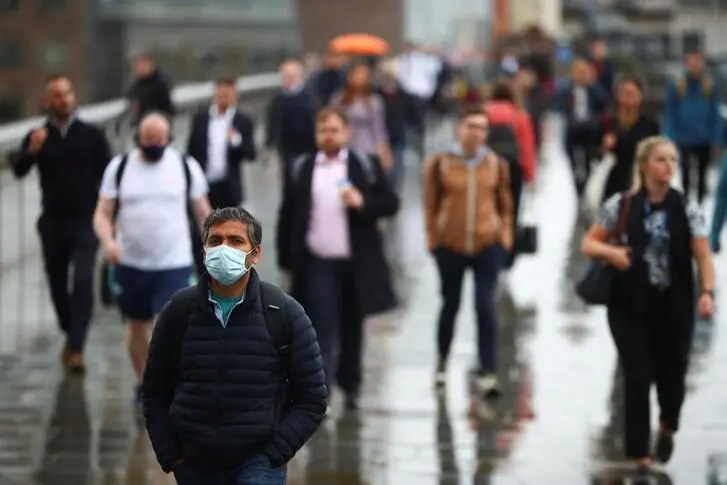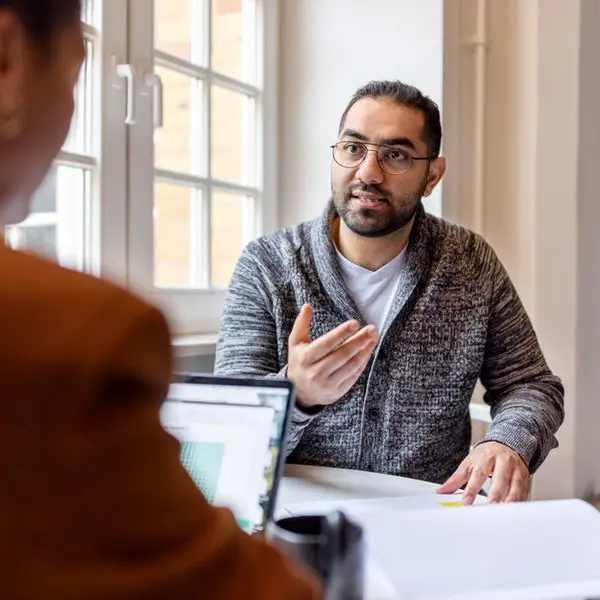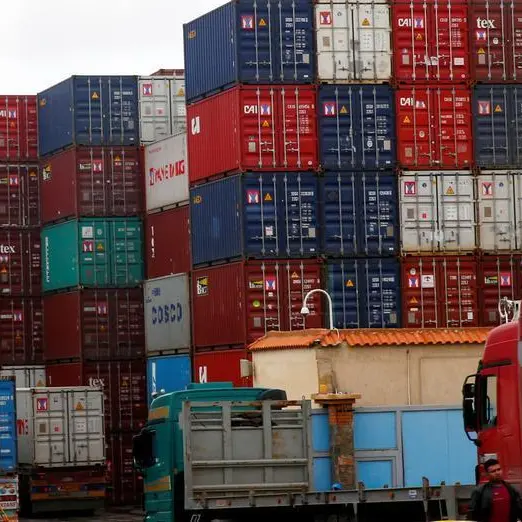PHOTO
(The author is a Reuters Breakingviews columnist. The opinions expressed are his own.)
LONDON - What are the lessons of the coronavirus pandemic It may seem far too early to be asking that question. After all, Covid-19 is far from over. Around 100,000 Americans are in hospital with the virus. Countries like Australia are still effectively cut off from the rest of the world. And large swathes of the globe have barely begun vaccinating their populations.
Even so, the historian Adam Tooze makes a strong case for looking back, and beginning to draw some conclusions. In “Shutdown: How Covid Shook the World’s Economy”, the Columbia University professor recaps the timeline of 2020, surely one of the most seismic years in global history. His focus is the period that started with Chinese President Xi Jinping’s public acknowledgement of the coronavirus outbreak on Jan. 20, 2020, and ended with U.S. President Joe Biden’s inauguration exactly a year later. The scale and variety of what unfolded in the intervening days remains dizzying. Tooze lucidly organises these events in the book’s 300 pages, while maintaining the sweeping perspective that will be familiar to readers of “Crashed”, his magisterial history of the 2008 financial crisis and its aftermath.
The story throws up multiple paradoxes. Covid-19 was a massive failure of public policy which also prompted governments to prop up their economies with unprecedented speed and decisiveness. It was a public health catastrophe that spurred breakthroughs in life-saving vaccines. In the United States the pandemic exacerbated already deep political divisions, culminating in the contested presidential election, yet also produced the world’s largest fiscal stimulus.
Confronting the crisis forced governments to discard old orthodoxies, many of which were already under attack. Politicians who had previously sought to rein in public spending deployed vast sums to support citizens stuck at home and businesses which had been forced to close. Central banks hoovered up government bonds and backstopped a range of financial markets. Commitments to free trade and private enterprise were discarded in the rush to secure face masks and vaccines, and support crisis-struck industries.
These extraordinary actions were largely designed to preserve the status quo. “None of the politicians who voted for huge spending had started the year planning to change society,” Tooze writes. And in some cases the sums were far too small. Compare the developed world’s meagre contributions to vaccines for poorer countries with the much larger economic gains that would have flowed from ending the pandemic around the world.
Nevertheless, it’s hard to see the political pendulum returning to overly disciplined public spending, or a hands-off approach to private enterprise. This opens up intriguing possibilities, like a large-scale and state-directed investment drive to reduce the world’s dependence on fossil fuels. Despite years of warnings and several near misses, the world failed to adequately prepare for a global pandemic. Perhaps it can now avoid making the same mistake when it comes to climate change
Yet Covid-19 has also exposed many shortcomings. The virus “delivered a staggering demonstration of the collective inability of the global elite to grasp what it would actually mean to govern the deeply globalized and interconnected world they have created,” Tooze writes. If anything, the deterioration of relations between China and the United States over the past year and a half makes joined-up decision-making even less likely in future.
Tooze does identify some pockets of strength. The rapid development, testing and deployment of vaccines is a testament to what scientists and governments can do when confronted with an urgent crisis. Central banks, too, successfully cushioned the impact of a massive global supply shock. These technocratic interventions have the unfortunate side effect of adding to inequality inside and between countries. The challenge for politicians is to counter those effects. The history of the past decade is not encouraging in this regard.
Yet the world is bound to face bigger and longer global emergencies. The unprecedented floods in Europe, China and the United States this summer are surely just a taster for a time when weather fluctuations become wilder and harder to predict. It’s less likely climate change will knock a tenth off global GDP in short order, as the pandemic did in the second quarter of last year. But future crises are on the way. The history of Covid-19 so far suggests we still have many lessons to learn.
(The author is a Reuters Breakingviews columnist. The opinions expressed are his own.)
(Editing by George Hay and Oliver Taslic) ((For previous columns by the author, Reuters customers can click on LARSEN/ SIGN UP FOR BREAKINGVIEWS EMAIL ALERTS http://bit.ly/BVsubscribe | peter.thal.larsen@thomsonreuters.com; Reuters Messaging: peter.thal.larsen.thomsonreuters.com@reuters.net))





















